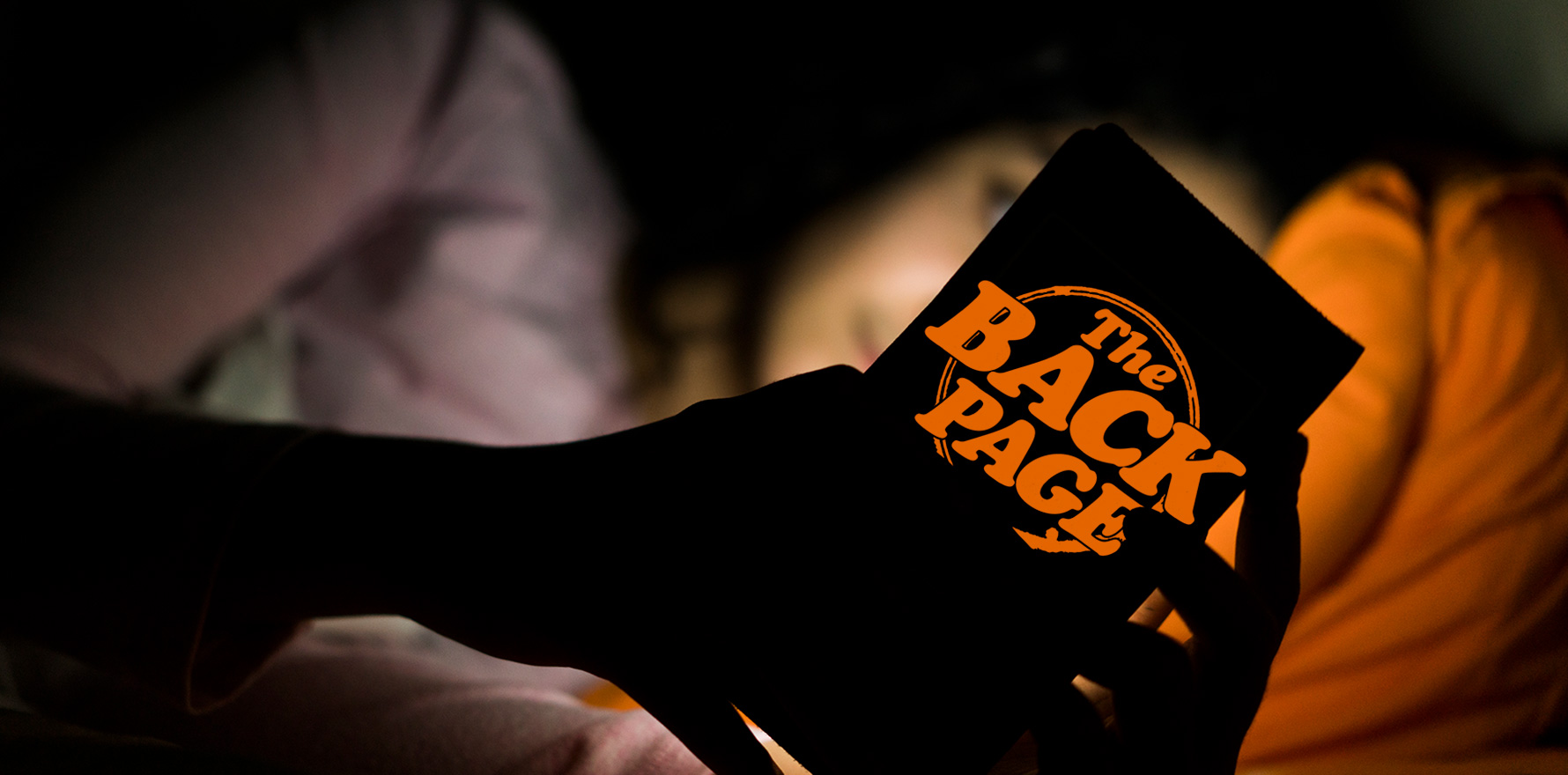The ‘Mind after Midnight’ hypothesis suggests Cinderella’s fairy godmother was on to something.
“Nothing good happens after midnight.”
Your mum? No, your brain.
A team of two psychiatrists, a neurologist and a psychologist writing in Frontiers in Network Physiology have developed a “Mind after Midnight” hypothesis they say accounts for the overall truth of this rule (notwithstanding the exceptions that no doubt each of us can muster).
Bad things are certainly more likely to happen in what is supposed to be our circadian down-time, the authors say, citing the threefold greater incidence of suicide between 12am and 6am if you adjust for the fact most people are asleep. In fact, suicide among Japanese men in the past 40 years peaks between midnight and 3am even without adjusting for population wakefulness.
Suicidal thinking, violence and homicide, substance abuse, alcohol consumption and unhealthy eating are also among the behaviours that manifest more when people are awake in the wee small hours.
The authors then review all the ways the brain goes a little haywire when it stays awake too late: synaptic saturation and impaired signal transmission; decreased norepinephrine and serotonin and increased dopamine; potential stress responses with surges of adrenergic signalling “that further weakens prefrontal cortical activity, increases limbic/subcortical responsivity, and increases reflexive, impulsive decision-making”; reduced positive affect and increased negative affect, with less ability to regulate negative affect; changes in reward processing “possibly reflecting an exaggerated expectation of reward alongside diminished sensitivity to negative consequences”; and deficits in executive functioning.
Add to this flaming cocktail of bad news the reasons for being awake in the dead of night in the first place, as well as the ways we try not to be, which “can also contribute to behavioral dysregulation: insomnia, nightmares, short sleep, or circadian rhythm disorders can produce nocturnal wakefulness, hypervigilance, and limited emotion regulation; hypnotics, alcohol, and other substances can produce rebound wakefulness, even if intoxication remains; and stress, anxiety, and mood disturbances promote nocturnal wakefulness even as they undermine decision-making”.
Ordinarily, the authors say, coordinated activity between certain brain regions – the dorsal anterior cingulate cortex, the rostral anterior cingulate cortex, and parts of the prefrontal cortex – would “exert cognitive control to suppress negative emotional distractors and focus on goal-oriented behaviour. Sleep loss and nighttime circadian phase, however, are associated with synaptic saturation and cortical fatigue that disrupt this coordination and produce ruminative, self-referential thinking characterised by fear/anxiety, depression, and hopelessness”.
So we become messy drunk irrational depressed anxious frazzled gremlins more likely to harm ourselves and others after the witching hour?
The Back Page has only to think of her 20s and the infallibly diminishing marginal returns from every extra hour stayed out to confirm that this seems legit.
The authors give two dark hypothetical examples of how negative affect, impaired judgment and impulsivity can result in bad ideas being enacted: a heroin user who can abstain during the day but relapses in the small hours; and an isolated student for whom “suicide, previously inconceivable, emerges as an escape from loneliness and pain, and before the costs of suicide are considered the student has acquired the means and is prepared to act at a time when no one is awake to stop them”.
They then propose interventions based on the hypothesis including “treatment for insomnia, pain, cravings, or other causes of nighttime awakening, changes in the environment, and/or the provision of greater social supports when individuals are awake at night”.
We’ll sleep to that.
If this article caused distress or if you are prompted to reach out for support, these services are available:
Doctors4doctors crisis support hotline: 1300 374 377
Lifeline: 13 11 14
Beyond Blue: 1300 22 46 36


